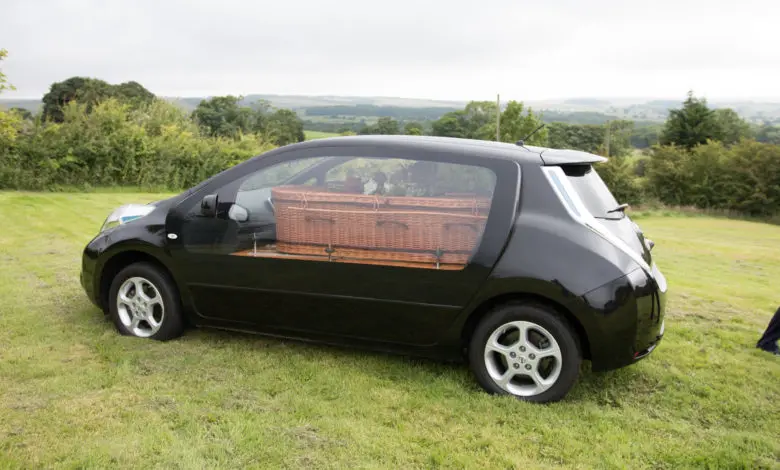Eco-hearses are an option, but not the only answer
FST talks with Sarah Jones, director of Full Circle Funerals, about the role of eco-hearses and green funeral travel options in achieving sustainability initiatives

Conversations regarding lowering global emissions to achieve greater sustainability are becoming increasingly prevalent. Whether it is a change in demand for eco-friendly products and services, or a willingness from suppliers to drive sustainability initiatives, the funeral service sector is no different.

